When Does a Personal Car Become a Commercial Vehicle?
The border between personal and professional life can be blurry at times for small business entrepreneurs. When it comes to a vehicle that you’re using for personal and professional purposes, it’s crucial to understand how your auto insurer classifies commercial use. If your vehicle is insured under a personal auto insurance policy, the insurance company may refuse to pay for damages if it believes you were using the vehicle for business at the time of the accident.


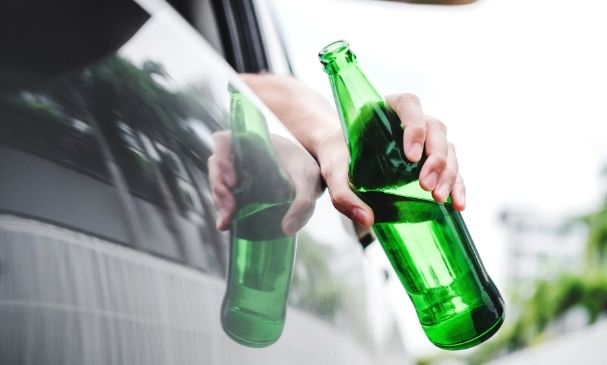
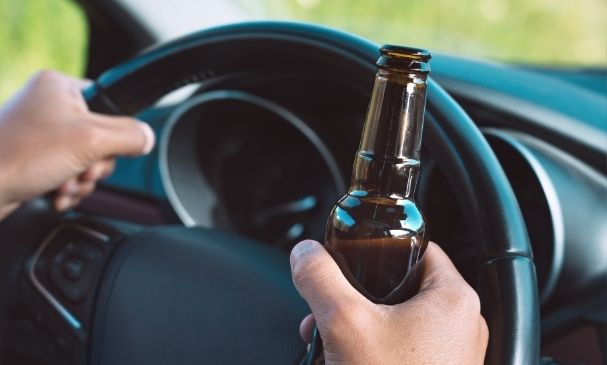
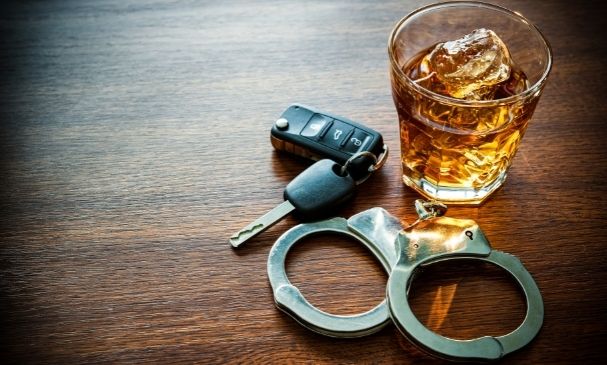


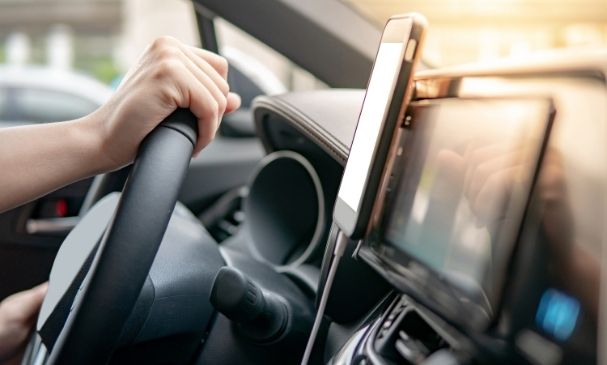
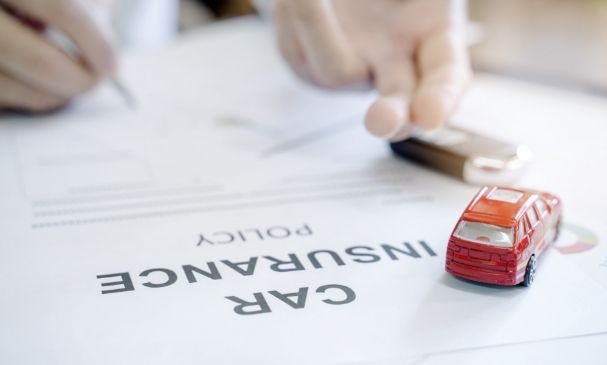
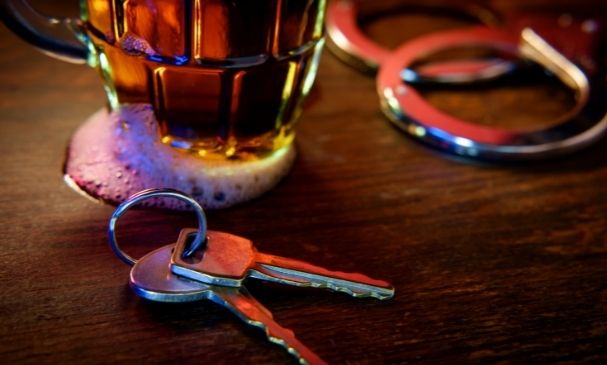
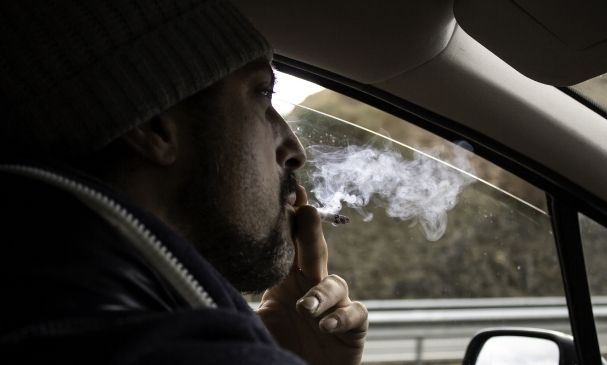
Recent Comments